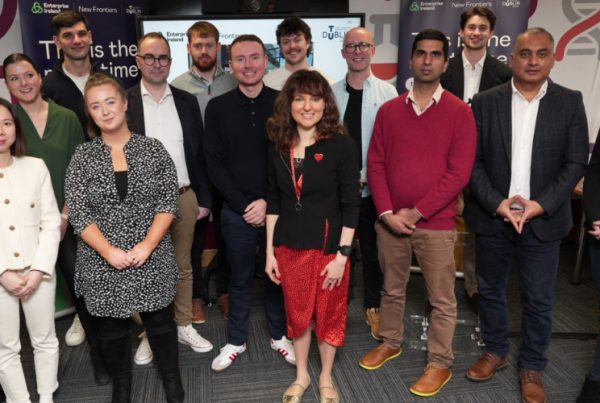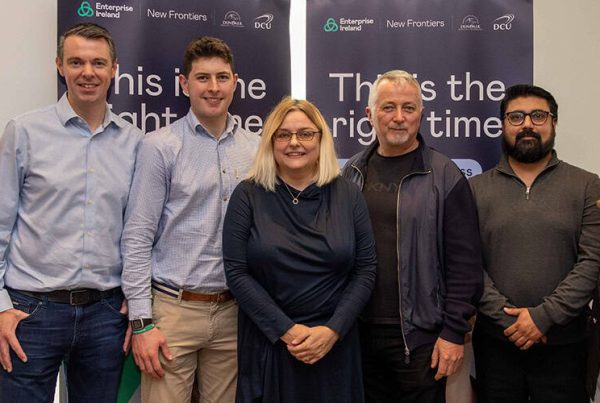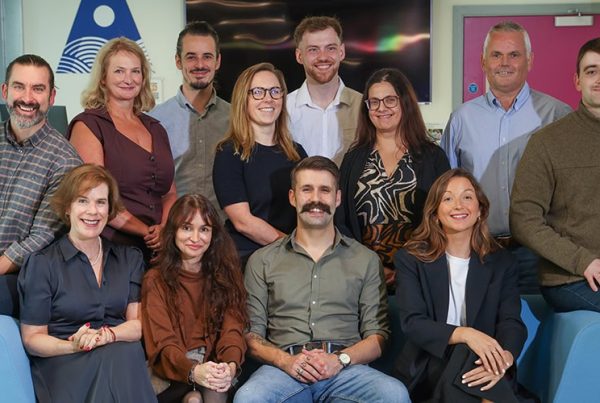
Marketing is based on the notion that if people really understood what you do – what you are really good at – they would want to buy from you.
The trouble is that getting them to give up their personal time to try to understand you and what you’re good at. Most businesses make their prospects do far too much work in understanding them. They forget how busy, impatient and indifferent they can be.
Cutting through bland, clunky business jargon is often boring, usually underwhelming and at times exhausting. Nonetheless, your business solution or product is aimed at customers whose lives you can make much easier.
So how do prospects get to understand you before they have worked with you? How do they really connect with what you’re all about? Simple. With stories.
Humans are hard-wired for stories
70% of what we learn is through stories. Stories are how we make sense of the world and, crucially for business, it is what we remember. Inside our brains, we are hard-wired for stories, we have “story templates” ready and waiting to insert the information we receive.
Stories are memorable; they support the retention of the business information, as well as the retelling of it. At the end of a sales presentation, the stories told by the salesman might be the only information remembered and passed on. Good sales people will tell you that people buy on emotion and justify their purchase on logic. Stories are emotive and persuasive… without the hard sell.
What is storytelling in business?
Business communications using stories tend to be less bland and more emotive. They connect us, human to human, and in business they put a human face on information. Stories improve the overall comprehension of what exactly a business does and can simplify complex ideas. Think TV ads, good graphics, animated business explainer-videos, business owner interviews or a press story you would actually read. Think of the role of clever before and after photos by an architect or interior designer, think customer testimonials written as you would talk yourself, that speak to directly to you as someone with the same problems, think of engaging web content. They mostly have a storytelling element in common.
In business, you need to convey to potential customers not only what you are about, but also the “why”. This is the human story bit. What inspired you? Why do you care so much? What are your values in terms of how you conduct your business? Are there any customer or employee stories that back this up? How can you convey these points using a story? Instead of you listing a page full of bullet points that sound rehearsed and bland, what is the “everyday speak” customer testimonials that might make your points easy to understand and memorable?
Show how you are solving your customers’ problems
The About Us section on a website is one of the most visited and neglected pages. You might want to consider how your business got started, your passion story, your values and ethos in doing business and what story might demonstrates this.
“We see the world not as it is, but as how we are” – Anais Nin
Businesses make the mistake all the time of talking too much about their services or product features instead of their customer’s problem. In the stories a business tells, customers need to identify with the problem being solved. They need to see themselves as the customer you describe, as the person who needs that exact problem to be solved. Use a case study to tell the story, or a Work We’ve Done section on your brochure or website.
I’m always trying to get clients to put more of who they are and who their customers are into their communications. It’s how people connect in the real world and it’s no different for how people connect with businesses. Prospects are looking for a natural fit.
You don’t need lots of stories. Just one about yourself and some about the customers you’ve served or the work you’ve done. Ideally, these should be told from the perspective of your customer, as they hold more sway.
Whatever stories you choose, make them inspiring. Share your story. Connect with your customer. Build your business.
About the author
 Síodhna McGowan
Síodhna McGowan
Síodhna is a marketing consultant and a Phase 2 mentor with the New Frontiers Programme. With a focus on food, retailing and professional services sectors, she helps participants to create strategic marketing plans and engaging communications that sell.
Recent articles

Raise Your Startup’s Visibility & Credibility By Entering These Competitions

Founder Perspectives: Lessons From Building Businesses In Sustainability

Tech Startups In The Age Of AI: Alumnus Paul Savage On Speed, Quality & Risk

Fourteen Startup Founders Graduate From Phase 2 Of New Frontiers In Tallaght

Eleven Founders Graduate From New Frontiers In The Border Mid-East Region

Laying The Right Groundwork Helps Startups Prepare For Export Success

Startup In Dublin: Learn More About New Frontiers On TU Dublin’s Grangegorman Campus

 Síodhna McGowan
Síodhna McGowan
